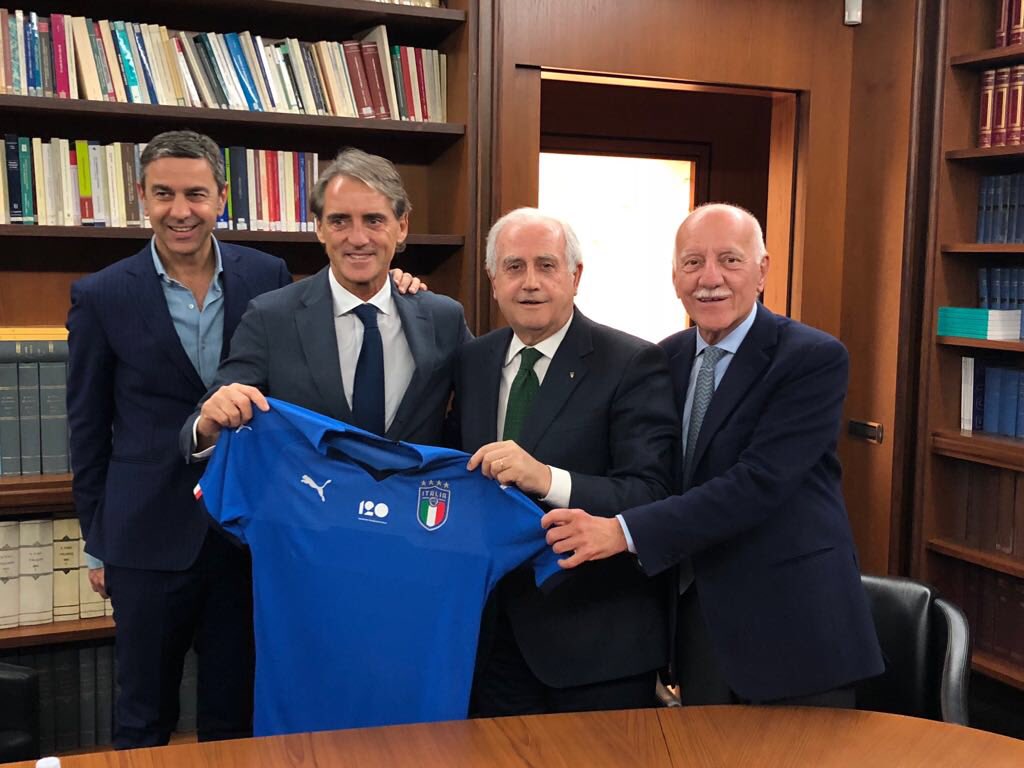Italian football is in a good place right now, with several teams challenging Juventus for the title on the domestic front and the national team having a clear identity under Robert Mancini.

The latter hadn’t been a problem for Italy for a long time, in fairness. Historically, the Azzurri were built on a solid defence, boasting tactically astute, ruthless players who could grind out wins – usually without conceding a goal.
However, football has evolved and it could be argued that the country failed to adapt, with the undoubted low point for the national team coming when they failed to reach the World Cup in Russia in 2018 – for the first time in 50 years.
Whilst it would be too easy to put their failure solely down to a style of play, considering they had done reasonably well at Euro 2016, there’s no denying that the embarrassment of missing out on football’s biggest tournament came because other countries had caught, and surpassed, Italy when it came to the way they played the game.
Perhaps the only positive of missing out on the World Cup was that it forced Italy into new thinking and a new era.
Enter Roberto Mancini
The former player was tasked with improving the national team and he knew he had to do something different to get the disillusioned fans back on side, which meant a new style.
The ex-Manchester City boss quickly encouraged a new passing approach, with the technically gifted duo of Jorginho and Marco Verratti providing the team with the ability to control games from midfield. That, combined with a direct attacking threat and the usually reliable defence, has made the Italians one of the most impressive teams in the past 18 months.
As a result, qualification to Euro 2020 was achieved emphatically, with the Azzurri winning all ten games and averaging almost four goals a game. Of course, the standard of the opposition wasn’t great but Italy were putting teams to the sword like they hadn’t done previously.
This has had a knock-on effect on the domestic league as well, as clubs recognise the benefits of introducing a more stylish approach as they look to follow suit. Lazio, led by the clinical Ciro Immobile, and Inter, featuring Nico Barrella and Stefano Sensi, are now genuine contenders in the Serie A betting when it comes to picking the title winners. With Juve having claimed the league for the past eight seasons, such competition is very welcome for the game.
The next challenge for the Italian clubs will be to make an impact on the European stage, with Inter Milan still the last team from the country to lift the Champions League, which was way back in 2010. However, with Cristiano Ronaldo in the league, Antonio Conte making a big impact at the San Siro and Atalanta being one of the success stories of Europe over recent years, there should be a lot of optimism about what the future can hold.
Ultimately, Italian football is in a very healthy state on the whole, with the new, improved national team at the heart of that. The disaster that was failing to qualify for the World Cup two years ago has been quickly forgotten and the current setup have built a modern Italy team that should embrace the challenges that lie ahead.